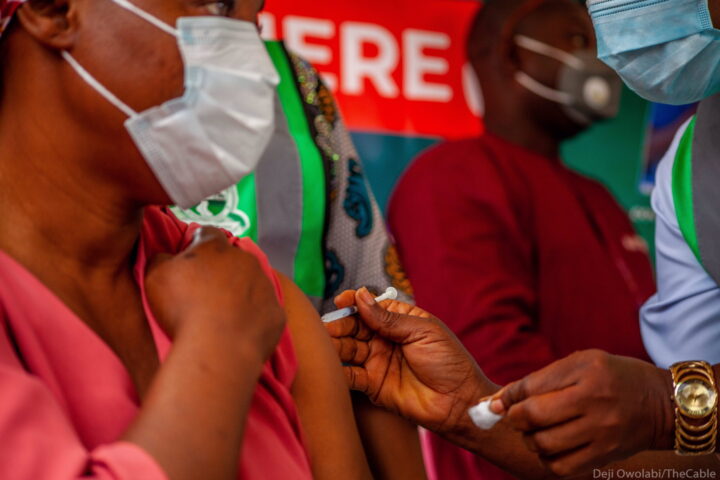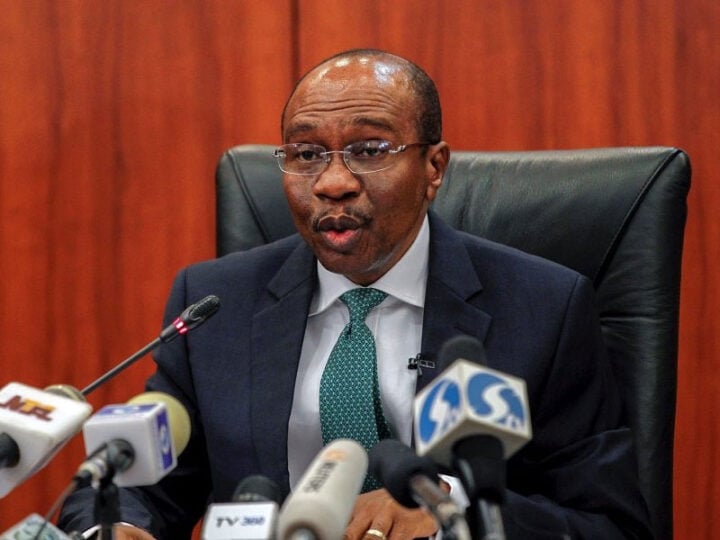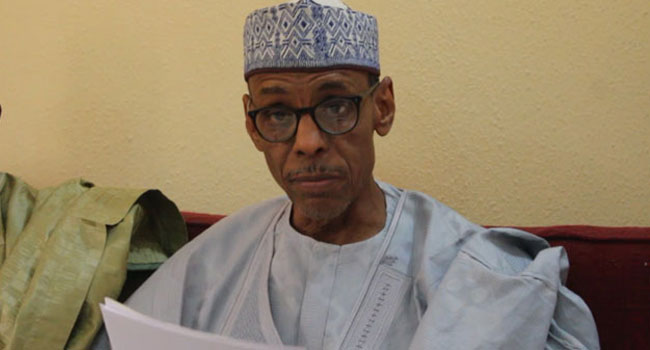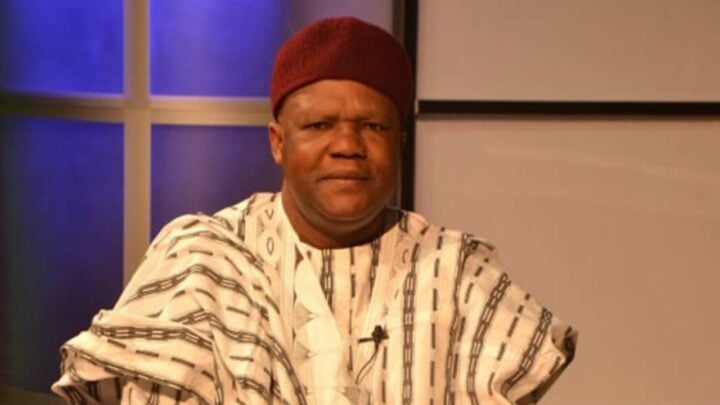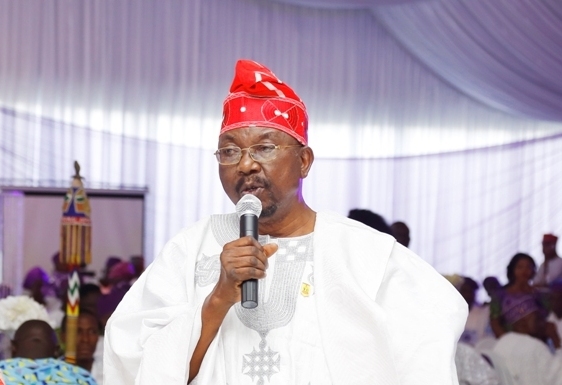Nigeria is one of the many developing countries in Africa. What this means is that the most populous black nation in the world is still backward in economic growth, political leadership, information spread, science and medicine, tech, engineering, social amenities, and government policies among others, when compared to the developed societies in Europe and America.
Cases of coronavirus have continued to increase and so is the casualty. An update shared on the Facebook page of the Nigeria Centre for Disease Control (NCDC) on the night of Saturday, September 18, indicates that Nigeria’s total infection from the pandemic stood at 201,630 while the fatality toll increased to 2,654 on the said date.
As of September 17, 2021, only 1.71 million people have been fully vaccinated in Nigeria. This figure represents 0.9 percent of the total population of the country, according to Our World in Data. On a global scale, over 2.4 billion people have been fully vaccinated. This represents 31.7 percent of the world population. These figures simply show that most of the vaccination against Covid-19 is going on in civilized countries, while the likes of Nigeria are far behind in the exercise.
It also shows the level of trust and belief an average citizen or residence has in the health systems of European and American countries. Not to forget that over 80 percent of citizens are educated and civilized in those countries, hence information dissemination and coding is seamless, and fast. With a literacy rate of about 60%, Nigeria is far behind developed countries and should not rush to put a deadline to take the Covid-19 vaccine.
Advertisement
Edo state government has taken the lead, albeit prematurely, to enforce a no vaccination card, no entry into all state government-owned facilities. While the government may have a good intention for residents of the state, the order is a hasty one that needs to be suspended. That is why a court order is already in force, restraining the government from carrying out the threat.
Some private organizations have also given a deadline to staff to get vaccinated or face the consequence. For instance, Guaranty Trust Holding Company Plc (GTCO) issued a deadline to its staff to complete their COVID-19 vaccination or face work restrictions and a salary cut. This is a draconian memo that should be withdrawn with immediate effect.
Over 18 months after the first official case of the coronavirus was recorded in Nigeria, some Nigerians do not even believe or accept the fact that the virus exists. Many who think it exists, surprisingly still do not know the meaning, symptoms nor how to prevent it. How then would you put such people under the unfair policy of restriction if they are not vaccinated? How do you expect them to take medicine when they do not think they are unwell or know what the vaccine is for.
Advertisement
For those that believed Covid-19 now exist, it took them a long time to accept that fact. We all knew the conspiracy theory around the whole situation when the government began shutting down economic activities in 2020. There was this belief that the virus does not affect the black man, and that Nigerians are immune to the virus by virtue of their skin color and hash weather among other things. While some have since relinquished that mindset, others still hold on to it strongly. Many people still think that the coronavirus and its vaccines are the whites’ way of recolonizing Nigerians and Africans, or it is just business where these small developing countries are being milked.
How then do you force these kinds of people into sitting down, watch you drill a syringe in their arms, and release some liquid content they know nothing about or even believe it will have any effect on them? This is a very difficult quagmire that a deadline or threat cannot solve. Come to think of it, how would you enforce the no vaccine-no work rule? Through the security at the gate that could be bribed with as little as N500? Or through government officials who themselves will give access to their unvaccinated friends and families into government facilities? At the end of the day, the order will only be effective in the books and not in reality.
People still have a lot of things to struggle with. Food, rent, school fees, getting a job, insecurity, and a dilapidated health system are some of the many challenges Nigerians living in Nigeria face daily. If they don’t trust the health system, why would they trust the vaccine? If the government and the health system have failed them in the past and carelessly taken the lives of their loved ones, how can they boldly walk in to take the vaccine? It is that simple.
Most people who have been vaccinated in Nigeria only do so for the sake of traveling abroad. Even so, when they get to places like the United Kingdom, they are still considered unvaccinated and will have to go through 10 days of home quarantine and tests before taking the vaccine afresh. Nigeria did not produce any of these vaccines, it is shocking to read that even if you’re fully vaccinated back home, you will still be considered unvaccinated if you arrive in the UK.
Advertisement
Most Nigerians refusing to take the coronavirus vaccine is not their fault, the systemic failure of the government for many years, and the poor health system in the country are some of the things that make people unwilling to take the vaccine. Ignorance of what exactly does the vaccine does and much more information around it, is also a major reason why we have a reluctant population.
Sensitization is what needs to be done. People need to know all the information as regards the virus and vaccine. Huge resources must be put into sensitizing the public about the virus. If they understand the implication of not taking it, they will willingly go for it, but I must add that it will take a longer time than expected. And it must be a voluntary decision by every individual.
The job of the Health Ministry and all related government agencies is to take the message to the doorstep of citizens in both rural and urban areas nationwide. TV commercials, radio jingles, flyers, door-to-door, town hall meetings are some of the channels to reach the people. Medical teams should visit tertiary institutions and talk to students in the language they understand about the importance of taking the vaccines and the dangers of not.
If the government is ready to massively go through this wahala over a period of six months, the number of fully vaccinated Nigerians will no doubt increase tremendously.
Advertisement
Israel is a Nigerian journalist and can be reached via [email protected]
Advertisement
Views expressed by contributors are strictly personal and not of TheCable.
Add a comment

